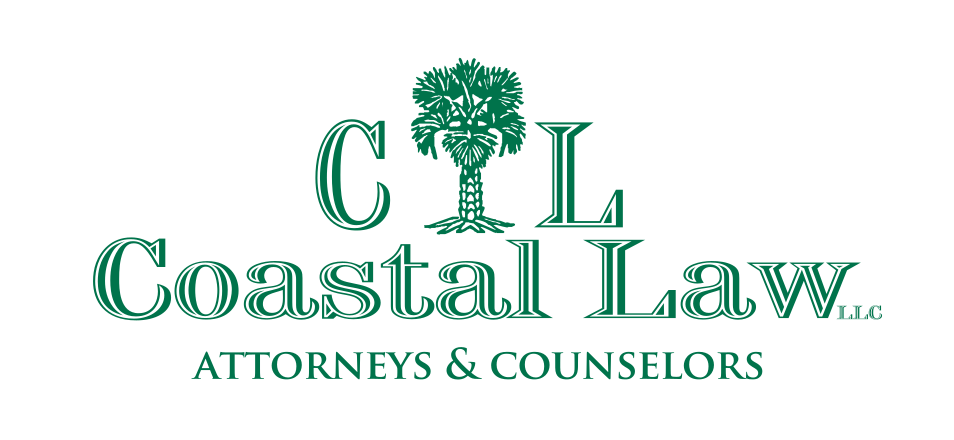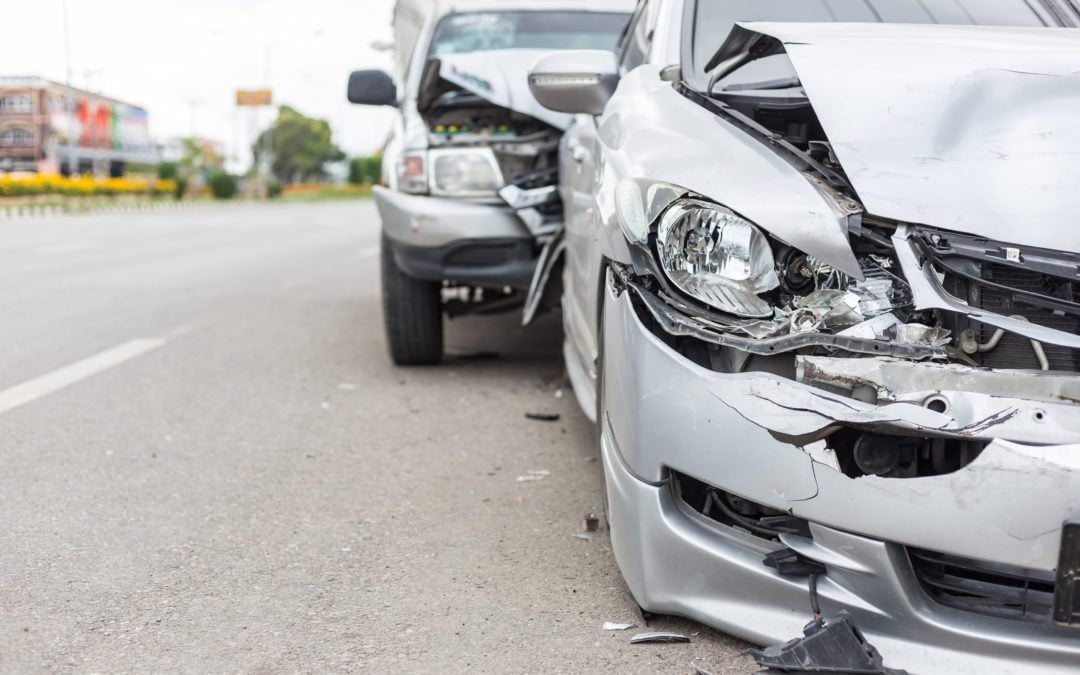If you are injured in an auto accident, your expenses may be piling up. Hospital bills, EMS bills, medical equipment, medication, and lost wages from the time you were unable to work are just a few examples.
But the at-fault driver pays these expenses, right? We file a lawsuit, they pay me, I pay my bills, problem solved. Right?
Except lawsuits take time. Even when we settle your case out of court, it takes time. At a minimum, even when liability is clear, you must know what your damages are before you send a demand letter, which means you cannot settle your case until you have finished treating or until we have an expert opinion on what your future medical costs will be.
Even then, the insurance company will take their time paying your claim – time is money, and, when they do pay, they will not pay a dollar more than they are forced to pay. Not only that, but the insurance defense company’s lawyers get paid by the hour. Do you think they are in a rush to recommend a settlement?
How do you pay your expenses before you reach a settlement or verdict in your auto accident case? Will your health insurance pay for auto accident injuries?
When Does Health Insurance Pay for Auto Accident Injuries?
Health insurance pays for auto accident injuries. Your health insurance, whether it is a policy you bought on your own or a policy provided through your employer, should pay for your medical expenses regardless of how the injury happened.
Your health insurance policy will not compensate you for all damages that you suffered in the auto accident, though. Depending on the type of policy you bought and its terms, your insurance will most likely pay only a portion of your medical bills, medications, and other medically necessary expenses. It will not pay for:
- Lost wages,
- Pain and suffering,
- Property damage to your vehicle,
- Injuries to passengers in your vehicle, or
- Any other non-medical expenses resulting from the crash.
You are also responsible for co-pays and deductibles depending on the terms of your health insurance policy.
What’s the Difference Between Health Insurance and Auto Insurance?
Health insurance is designed to make sure that you get medical treatment when it is necessary. It doesn’t matter how you were hurt – whether it was a motorcycle crash, or you contracted the measles, your insurance will probably cover it.
Auto insurance, on the other hand, is coverage that is contingent on a certain type of event happening – a collision between vehicles or an accident that involves the covered vehicle. Auto insurance may cover only the costs of your liability to other drivers (liability insurance) or it may cover the costs of repairs to your own vehicle (comprehensive insurance).
Your own automobile insurance may also cover at least some of the costs of your injuries, even when they are caused by another driver’s negligence, if you purchased the additional coverage.
Subrogation
In most cases, your health insurance provider is entitled to recoup their losses from your settlement or verdict. Most insurance policies will contain a provision for subrogation that allows them to be reimbursed once the at-fault party pays.
Will your health insurance company take your settlement money? Odds are, they will want to be reimbursed for the costs that they paid as you awaited your settlement. If they are demanding reimbursement, whether and how much you will have to pay them depends.
Your attorney can:
- Go over your health insurance contract to confirm that they have subrogation rights;
- Determine whether any subrogation clause in your contract is enforceable;
- Determine whether your health insurance company is claiming ERISA privileges;
- Fight the company’s subrogation claim; or
- Negotiate a reduced payment to the health insurance company.
Medicare and Medicaid
When the government has a subrogation lien on your recovery, it must be dealt with before you can receive a settlement check – Medicare and Medicaid liens are the most common example.
If Medicare, Medicaid, or another government program paid your expenses after an auto accident, your attorney must contact the appropriate government office and get approval prior to disbursement of your settlement proceeds. In many cases, we can get the amount of their lien reduced so that you are able to take home more compensation after your case is resolved.
How Do You Pay Your Medical Bills if You Don’t Have Health Insurance?
If you don’t have health insurance, your options for paying medical bills after an auto accident may be limited.
Despite this, you should not decline medical treatment because you are unable to pay – not getting the treatment that you need can reduce the amount of your settlement or verdict and it can result in medical complications that may end up costing more than they would have if you were able to get the appropriate medical care in the beginning.
Uninsured/ Underinsured Motorist Coverage
If the at-fault driver does not have auto insurance, or if their policy limits will not cover the costs of your damages, your uninsured or underinsured policy coverage may kick in and cover your expenses.
PIP or MedPay Coverage
If you purchased the additional PIP (personal injury protection) or MedPay coverage from your insurance company, some of your medical costs can be paid upfront by your own policy and there is no subrogation for PIP coverage.
What is a Letter of Protection?
Some medical providers will treat you if your attorney gives them a “letter of protection.” Ordinarily, this must come from your attorney, and it creates a lien of sorts on your recovery – your lawyer is agreeing that they will pay your medical provider directly from your recovery (otherwise, you get your recovery and then it is on you to pay your medical provider).
A letter of protection obligates your attorney to pay the medical provider from your recovery before you receive the funds. The medical provider will wait until your case is resolved before demanding payment, but, if you lose your case and there is no recovery, you are still obligated to pay for the medical services they provided.
SC Auto Accident Lawyers in Myrtle Beach
Your Myrtle Beach auto accident lawyer at Coastal Law will help you to determine all possible sources of recovery after your auto accident, including how to pay for your expenses as you wait for a settlement or verdict.
Schedule a free consultation to discuss the facts of your case by calling (843) 488-5000 or filling out our online form.


